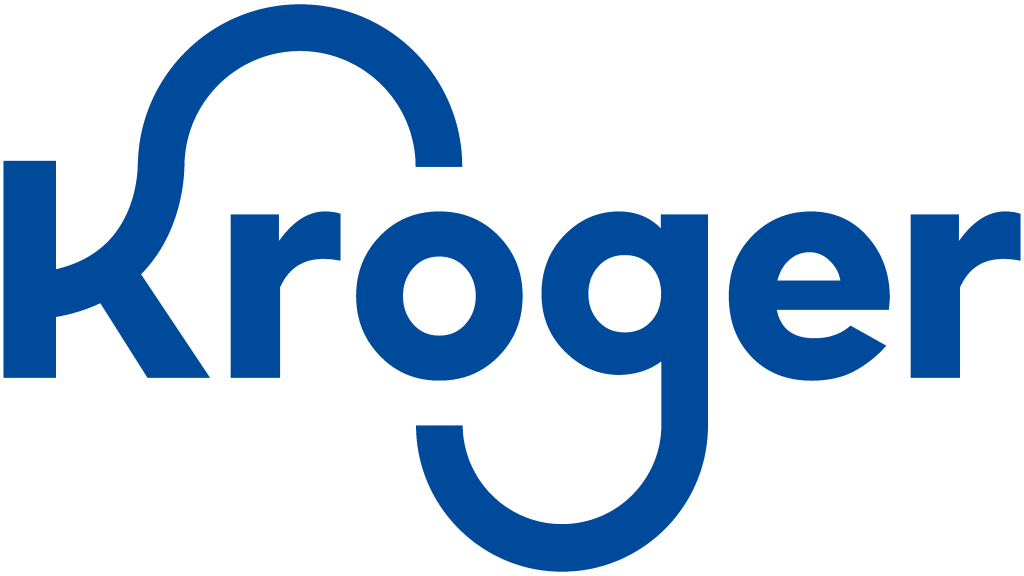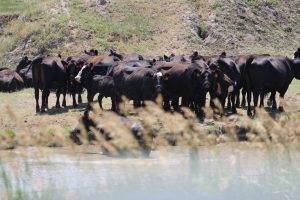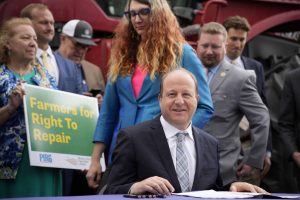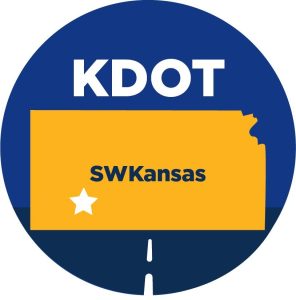Kroger and Albertsons head to court to defend merger plan against US regulators’ objections

By DEE-ANN DURBIN and CLAIRE RUSH Associated Press Writers
PORTLAND, Ore. (AP) — Kroger and Albertsons defended their plan to merge – and tried to overcome the U.S. government’s objections – in a federal court hearing that began Monday in Oregon.
The two companies proposed what would be the largest supermarket merger in U.S. history in October 2022. They say joining together would help them rein in costs and better compete with big rivals like Walmart and Costco.
But the Federal Trade Commission sued to try to block the deal, saying it would eliminate competition and raise grocery prices in a time of already high food price inflation. In the three-week hearing that opened Monday, the FTC is seeking a preliminary injunction that would block the deal while its complaint goes before an in-house administrative law judge.
“This lawsuit is part of an effort aimed at helping Americans feed their families,” the FTC’s chief trial counsel, Susan Musser, said in her opening arguments on Monday.
Musser said Kroger and Albertsons currently compete in 22 states, closely matching each other on price, quality, private label products and services like store pickup. Shoppers benefit from that competition, she said, and will lose those benefits if the merger is allowed to proceed.
Customers also are wary of the merger, the lawyer said. In Santa Fe, New Mexico, for example, 278 shoppers have written to the FTC to express their concerns about a combined Kroger and Albertsons, which would own five of the eight supermarkets in Santa Fe.
The commission also alleges that workers’ wages and benefits would decline if Kroger and Albertsons no longer compete with each other.
Before the hearing, several members of the United Food and Commercial Workers International union gathered outside the federal courthouse in downtown Portland to speak out against the proposed deal.
“Enough is enough,” said Carol McMillian, a bakery manager at a Kroger-owned grocery store in Colorado. “We can no longer stand by and allow corporate greed that puts profit before people. Our workers, our communities and our customers deserve better.”
The labor union also expressed concern that potential store closures could create so-called food and pharmacy “deserts” for consumers.
For people in many communities across the U.S., when a grocery store shutters, “their only source of food actually is walking to the nearest gas station,” said Kim Cordova, the president of UFCW Local 7, which represents over 23,000 members in Colorado and Wyoming.
Kroger said in a statement before Monday’s proceedings that the merger would help secure union jobs. The company said it has added 100,000 union jobs since 2012.
U.S. District Judge Adrienne Nelson is expected to hear from around 40 witnesses, including the CEOs of Kroger and Albertsons, before deciding whether to issue the injunction.
The attorneys general of Arizona, California, the District of Columbia, Illinois, Maryland, Nevada, New Mexico, Oregon and Wyoming all joined the case on the FTC’s side. Washington and Colorado filed separate cases in state courts seeking to block the merger.
Kroger, based in Cincinnati, Ohio, operates 2,800 stores in 35 states, including brands like Ralphs, Smith’s and Harris Teeter. Albertsons, based in Boise, Idaho, operates 2,273 stores in 34 states, including brands like Safeway, Jewel Osco and Shaw’s. Together, the companies employ around 710,000 people.
If the merger is approved, Kroger and Albertsons have agreed to sell 579 stores in places where their stores overlap in 18 states and the District of Columbia. The buyer would be C&S Wholesale Grocers, a New Hampshire-based supplier to independent supermarkets that also owns the Grand Union and Piggly Wiggly store brands.
Washington has the most stores that would be divested, with 124, followed by Colorado with 91 and California with 63.









